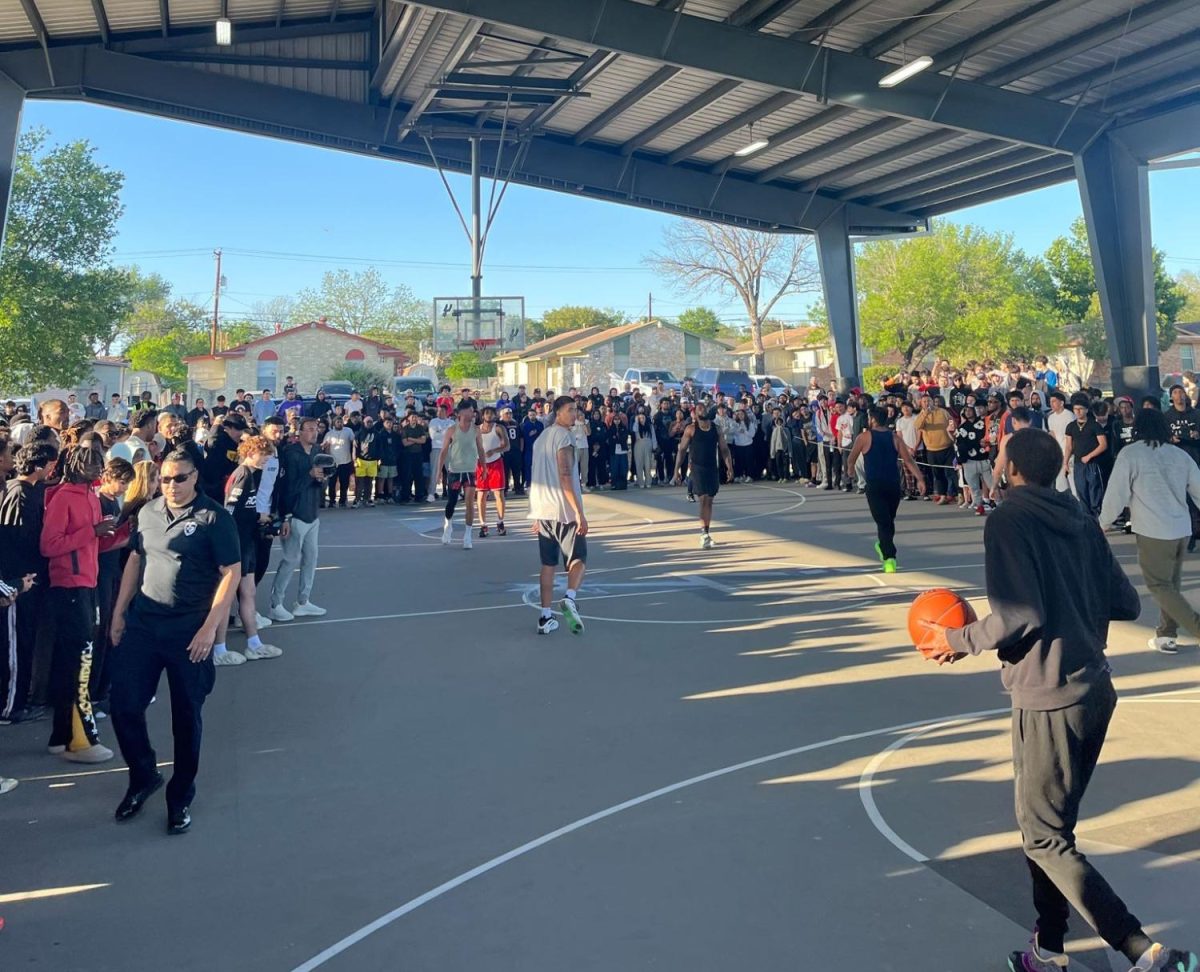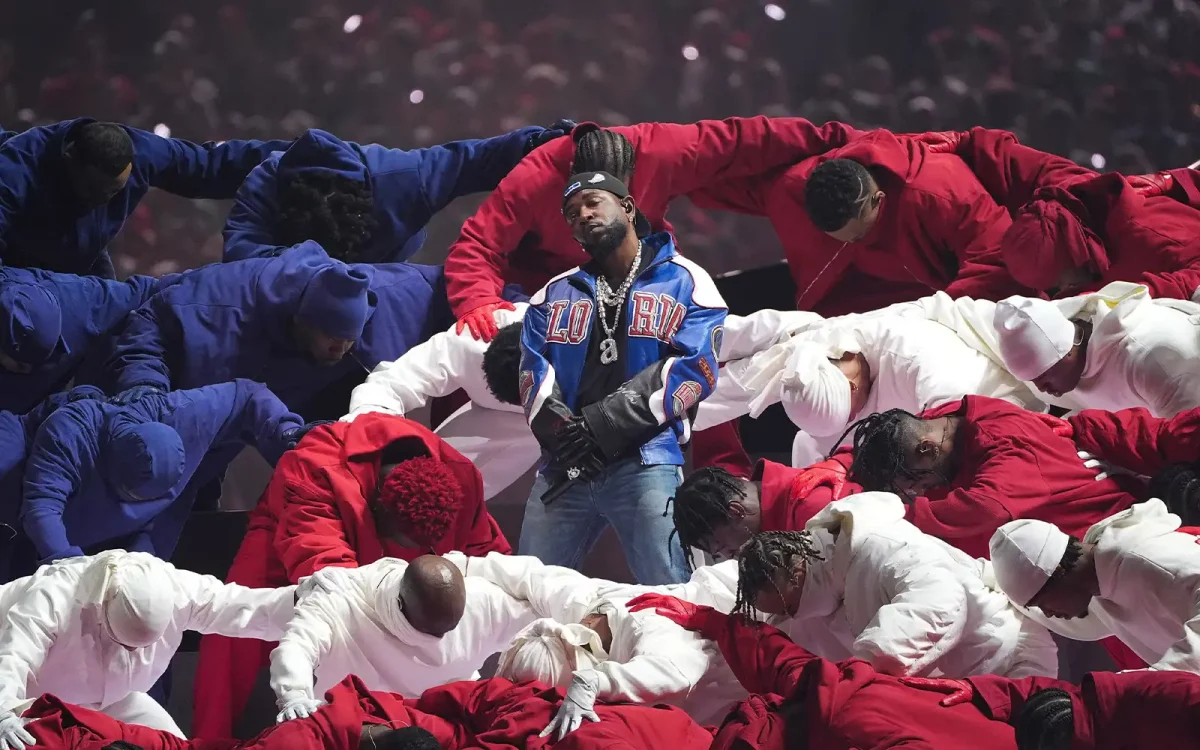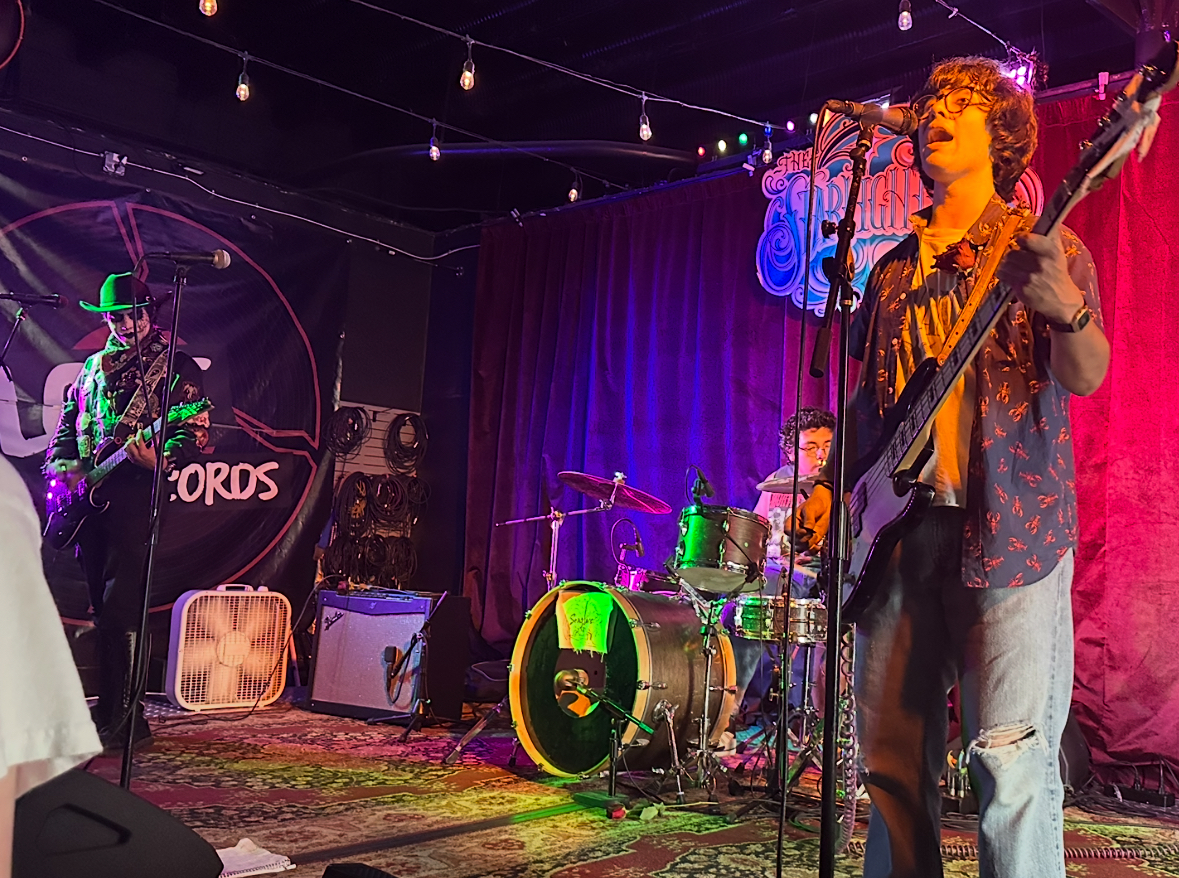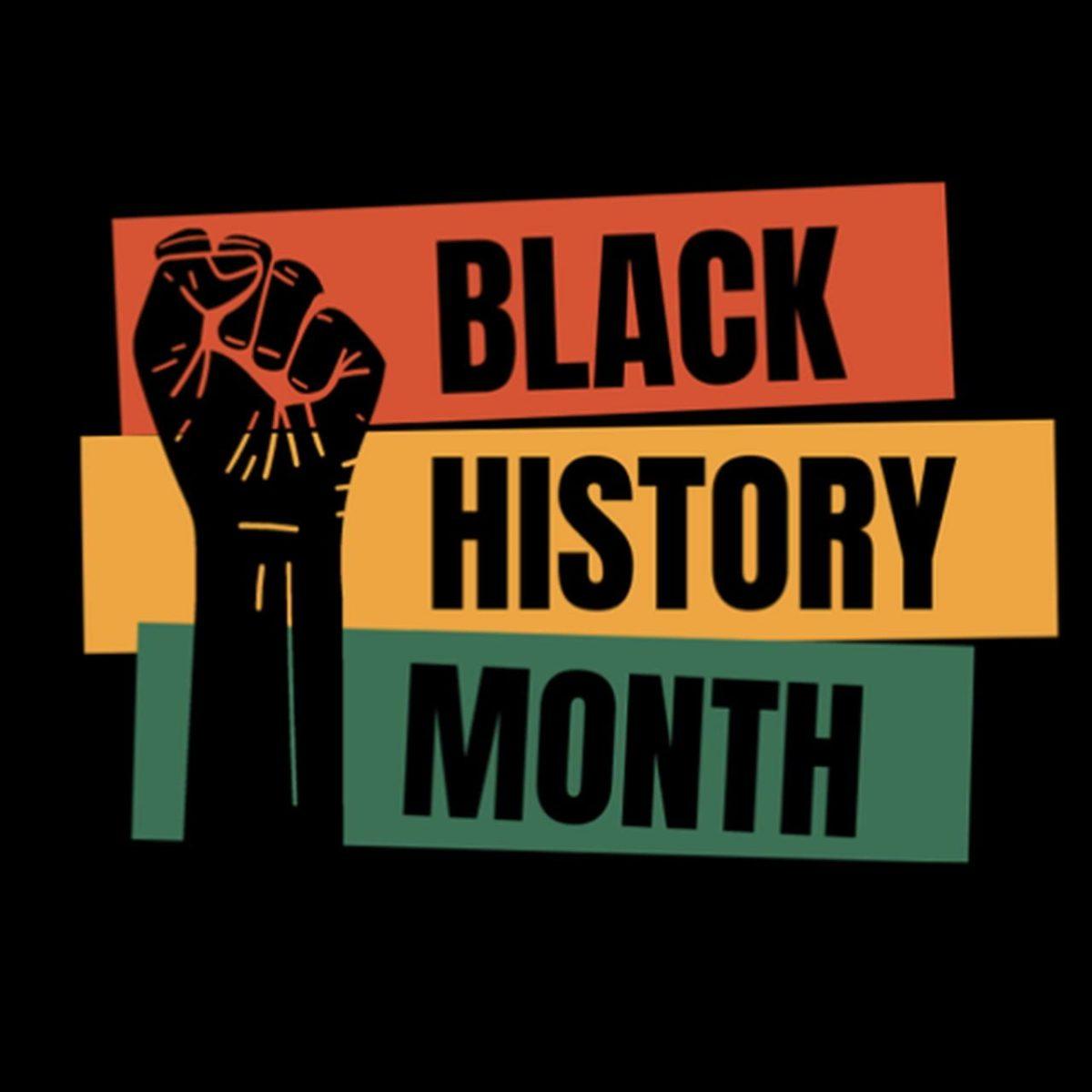Founder of the Association for the Study of African American Life and History, Carter G. Woodson originally began the tradition of celebrating Black history during February because it shared the same month of Frederick Douglass and Abraham Lincoln’s birthday. It started out as Negro History Week in 1926, then later developed into what is now known as Black History Month. In 1986, Congress officially dedicated the month of February to bring attention to the many contributions African-Americans have made to the U.S.
Black History Month has impacted the community by bringing everyone of all races together to talk about the importance of Black history and educate people on the lives of the courageous slaves, activists and civil right leaders that have paved the way for America to prosper and become the freedom-filled country that it is today.
“I think it’s an opportunity in its best form to highlight the biographies of the way that people made their lives despite whatever’s happening in those historical moments,” African-American Studies teacher, Mr. Adam Compton said. “ To expose people to names and stories they may not have necessarily heard before.”
However, the discussion of race has never been easy to talk about. It can be difficult to reminisce on the past and acknowledge the many wrongdoings that have been done against African-Americans. But the more people are able to accept the past, learn from the mistakes that were made, and strive to continue making change, the more progress can be made.
“As hard as it sounds to say, historically there has never been a civilization attempt to fully integrate a former slave class,” Mr. Compton said. “That’s an uncomfortable thing to say here in this context, but we have to be able to talk about things like that.”
As time goes on, there seems to be more people participating in the celebration of this month. The younger generations have been involved in issues like this and have brought awareness to the importance of remembering Black history.
“I like to buy [my family] Dominican books and books about other ancestors,” Afro-Latina Senior, Mia Rojas said. “I just like to go and buy the merch and help other businesses as well.”
San Antonio has a lot to offer when it comes to the representation of different cultures and races. The city is filled with unique and diverse experiences that everyone can enjoy. Below are a few of the many things you can do to celebrate Black History Month with your friends and family.
Black Heritage Night Spurs Game:
Watch the Spurs take on the 76ers with a discounted offer on tickets for Black Heritage Night at UTSA. A portion of each ticket purchased will be used to support any Black UTSA Organization of choice.
7:00 pm on Feb. 3 at the AT&T Center.
Take a bus tour to visit and learn about the cultural significance of some of the most historic African American landmarks in San Antonio.
10:00 am or 1:00pm on Feb. 18 at the Carver Branch Library.
Poetry Night: The Revolution Will Not Be Televised
An evening of music and voices curated along with the “Between Yesterday & Tomorrow: Perspectives from Black Contemporary Artists of San Antonio” exhibition.
6:00 pm on Feb. 22 at the Culture Commons Gallery.


















